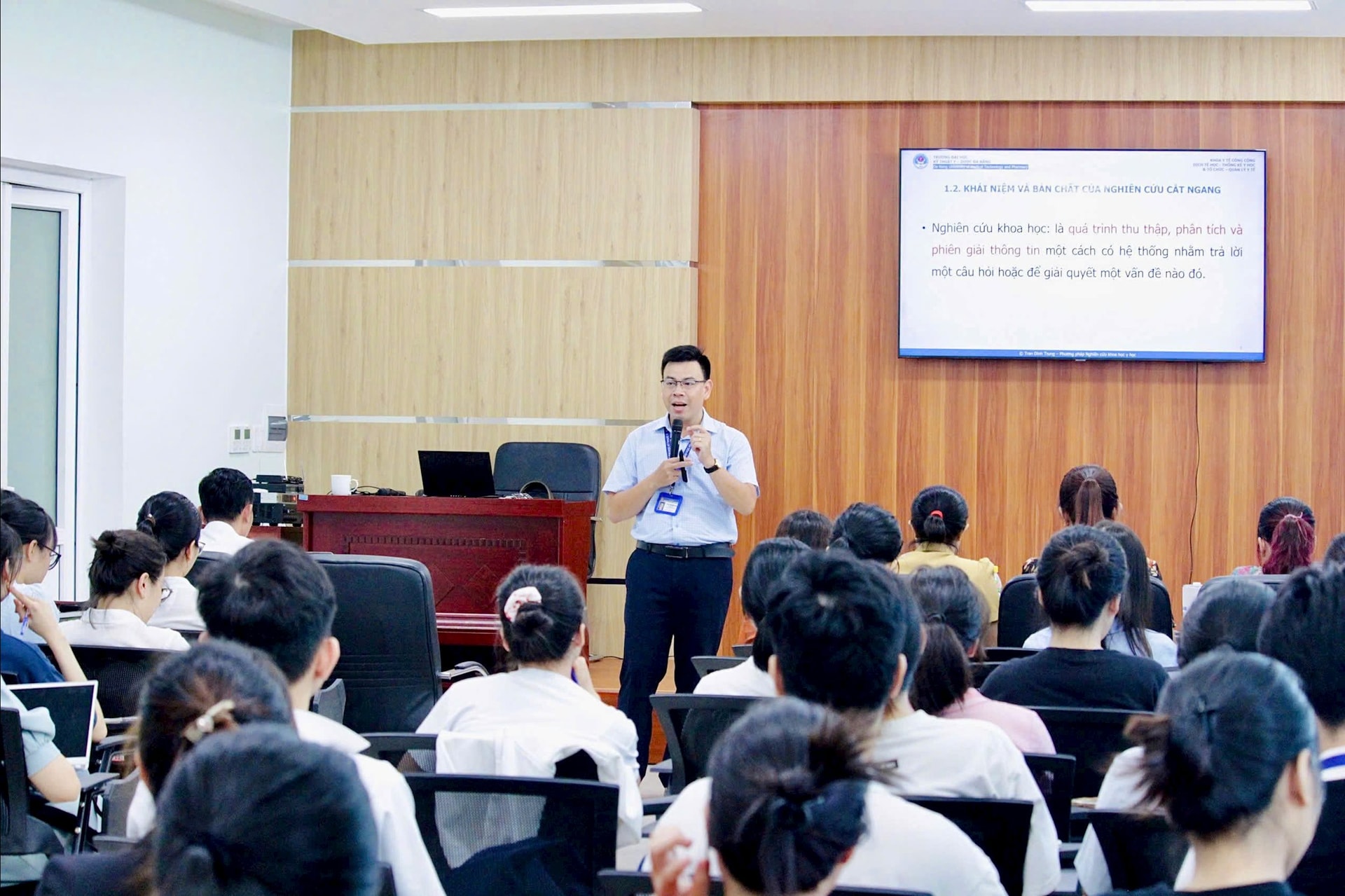
Amidst the ever-changing flow of technology, how to leverage the power of AI while still preserving the humanistic spirit of the medical profession is a question for both learners and teachers.
Learn to make friends with technology
No longer strange to the current generation of students, AI has penetrated every corner of school life. With just a few operations, students can exploit a huge store of knowledge, shortening research time.
Even in medicine - a field that requires absolute precision, AI is becoming a "partner" of students. According to Master, Doctor Tran Dinh Trung, lecturer at the University of Medical Technology and Pharmacy, Da Nang , in fact, this trend has clearly appeared in the past two years.
Many students, when working on case studies or discussing patient cases, turn to ChatGPT or other AI platforms as a quick reference. They can type a few lines describing their symptoms and receive a list of differential diagnoses, even treatment suggestions.
“This shows that AI has crept into the learning process, similar to how Google changed the document searching habits of medical students more than a decade ago,” said Dr. Trung.
Dr. Trung said that this is both an opportunity and a potential risk. On the positive side, AI helps students access a huge amount of knowledge, update quickly and save time. Asking questions to AI also encourages academic curiosity.
However, there is a big risk that students may become dependent on AI, skip the process of analyzing and comparing documents, or not be able to verify the reliability of information.
“In the medical profession, a wrong decision not only affects the score, but also the human life. Therefore, AI needs to be seen as a supporting tool, not a “compass” that replaces the scientific foundation and critical thinking,” Dr. Trung emphasized.
Responsibilities of teachers and students
AI not only changes the way of learning, but also has a strong impact on teaching and clinical practice, forcing teachers to change the way they communicate and evaluate. According to Dr. Trung, medical schools can exploit AI as a virtual teaching assistant: suggesting case scenarios, simulating diagnostic imaging, or supporting research.
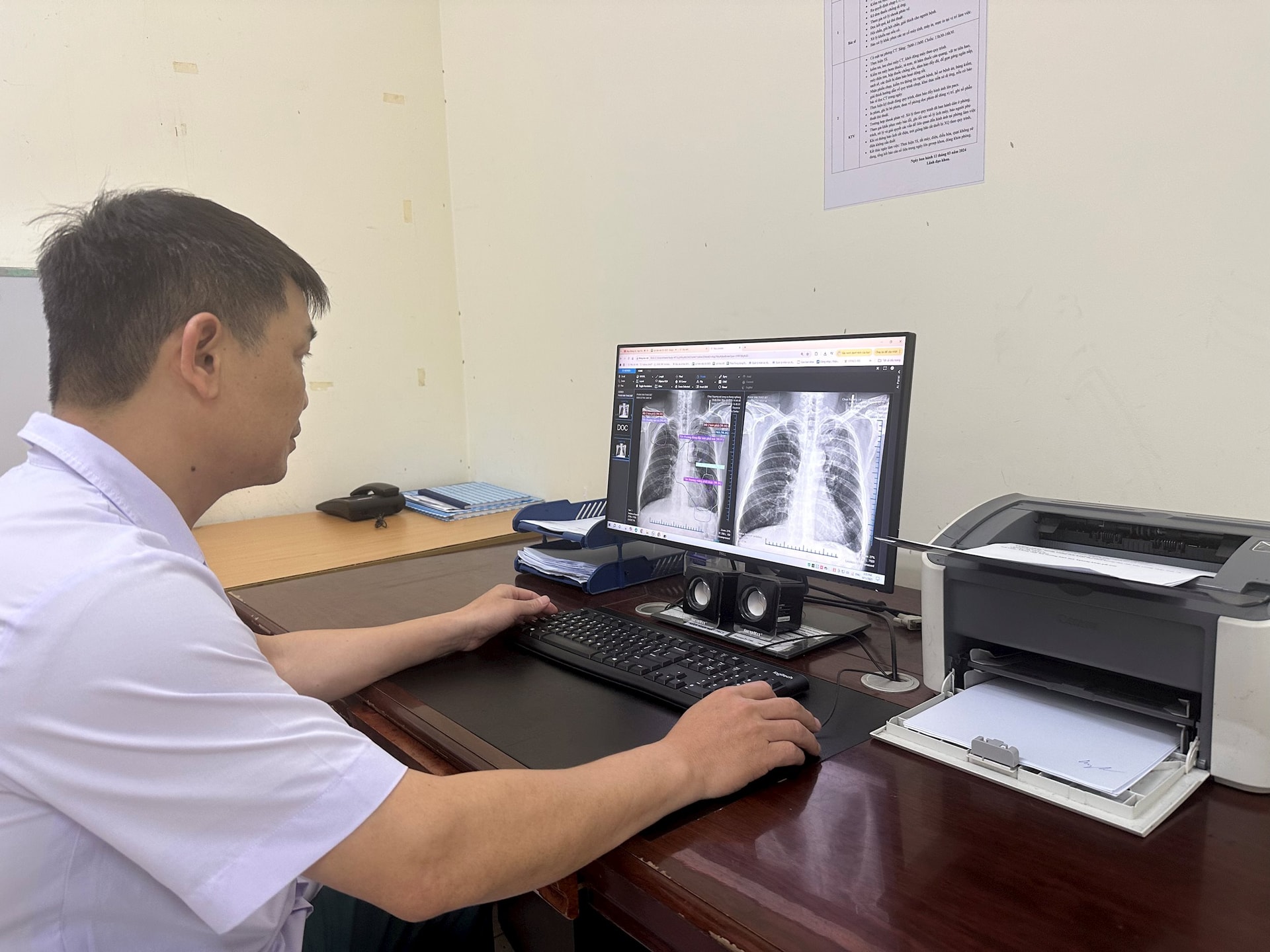
However, for AI to truly be effective, establishing clear standards of use is essential.
“Lecturers should ask students to clearly state when they consult AI, and compare their answers with official clinical guidelines from WHO, the Ministry of Health or NICE… More importantly, the training program must focus on training critical thinking skills, clinical practice capacity and professional ethics. Thus, students not only know how to “ask AI” but also know how to evaluate, debate and make final decisions based on evidence,” Mr. Trung suggested.
No matter how accurate AI is in its analysis and prediction, it still lacks the core element that defines the nature of medicine – the human element. “Medicine is not only a science but also an art.
A treatment decision must be based on the individual circumstances, psychosocial factors, and patient compliance, not just on symptoms or images. The doctor must also listen, empathize, and make choices appropriate to the culture, beliefs, and living conditions of each patient.
AI can support calculations, data synthesis, and even prognostic predictions, but it cannot replace the doctor-patient relationship that is the foundation of medicine,” Dr. Trung shared.
The emergence of AI is inevitable and brings great opportunities to modern medicine. The question is not “should we use it or not?”, but how to use it correctly and responsibly.
“The responsibility of medical school teachers is to guide the future generation of doctors to use AI intelligently and selectively; at the same time, nurturing research capacity, critical thinking, and compassion. If we can do that, AI will become an extension of doctors, helping them treat patients better, not a “replacement” for them,” Dr. Trung emphasized.
While technology may change the way we treat diseases, what makes a doctor valuable is a heart that knows how to listen and empathize - something that no algorithm can program.
Not only in the classroom, AI also affects the way people access medical information. Currently, many people use ChatGPT or AI platforms to self-diagnose diseases. Doctor Tran Dinh Trung believes that this reflects the legitimate need to access medical information, the desire to understand their health status before seeing a doctor. However, if abused, the consequences can be unnecessary anxiety or erroneous self-treatment.
“Currently, AI is not accurate enough to replace clinical diagnosis. It only reflects probabilities based on training data. People need to be guided to consider AI as a “primary reference guide” and the role of doctors is still key to determining diagnosis, building treatment regimens and monitoring,” said Dr. Trung.
He believes that in the long term, this is also an opportunity for the health sector to promote public health education, guiding people to use AI tools more correctly, safely and effectively.
Source: https://baodanang.vn/khi-ai-buoc-vao-giang-duong-y-khoa-3306694.html



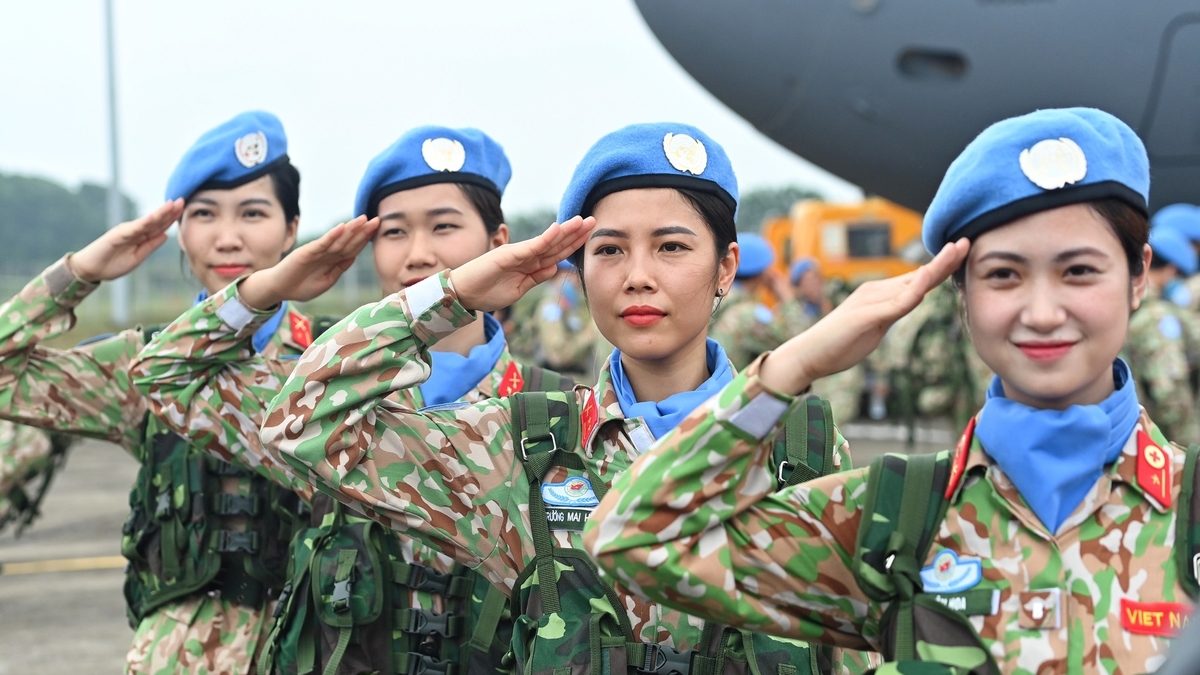




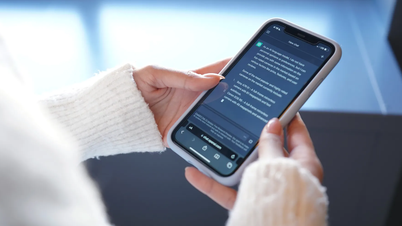

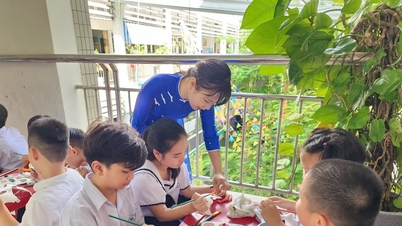


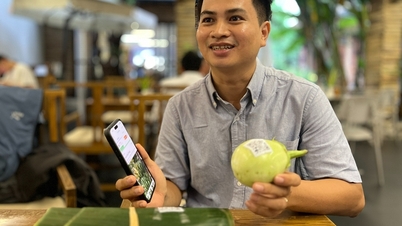
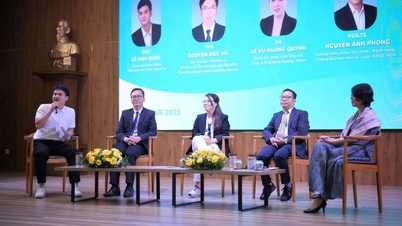

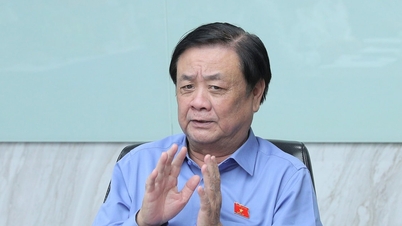

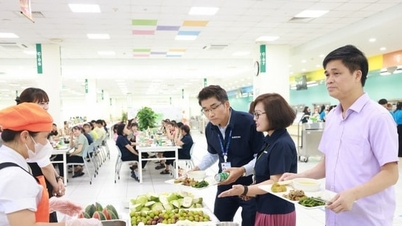







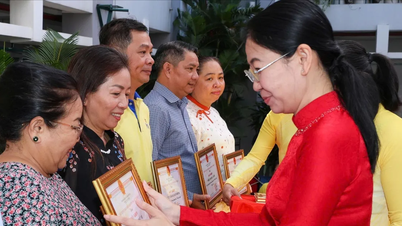




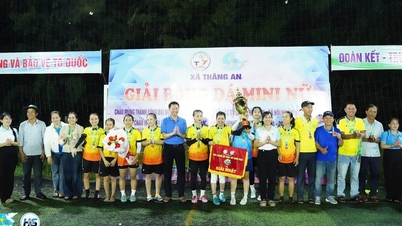
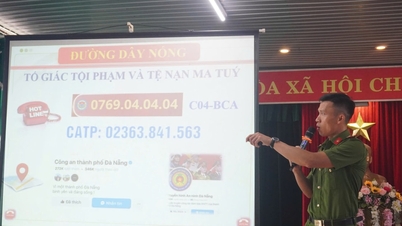



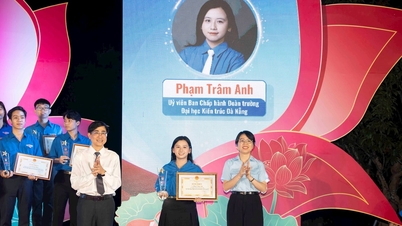

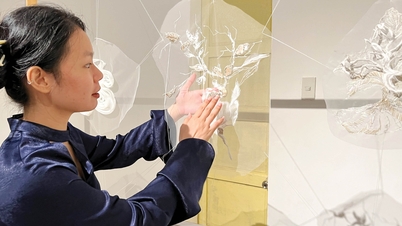





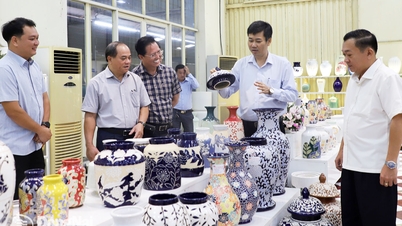







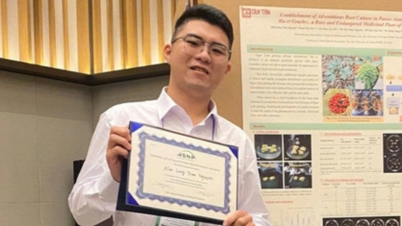








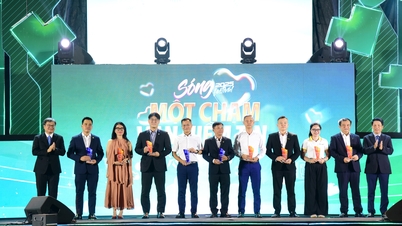













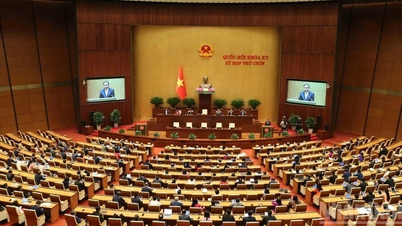

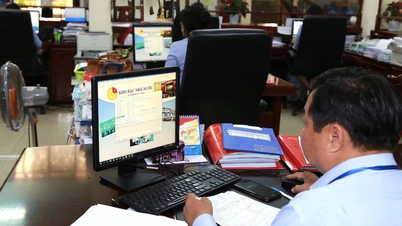
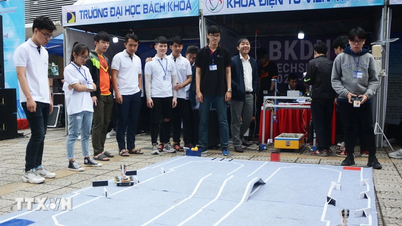

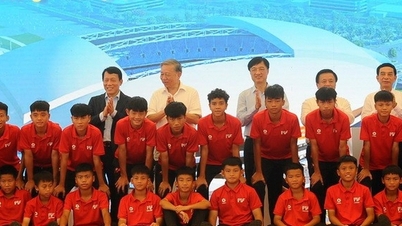






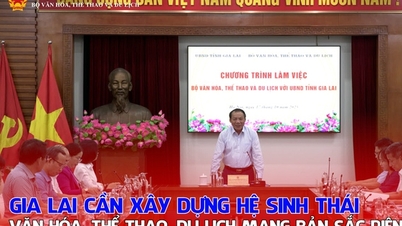
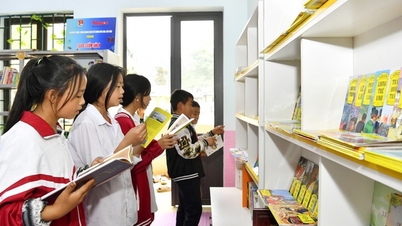

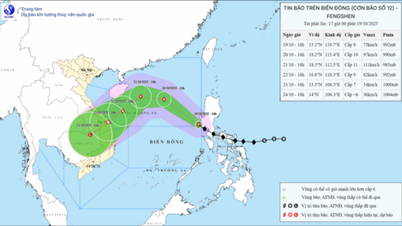


















Comment (0)